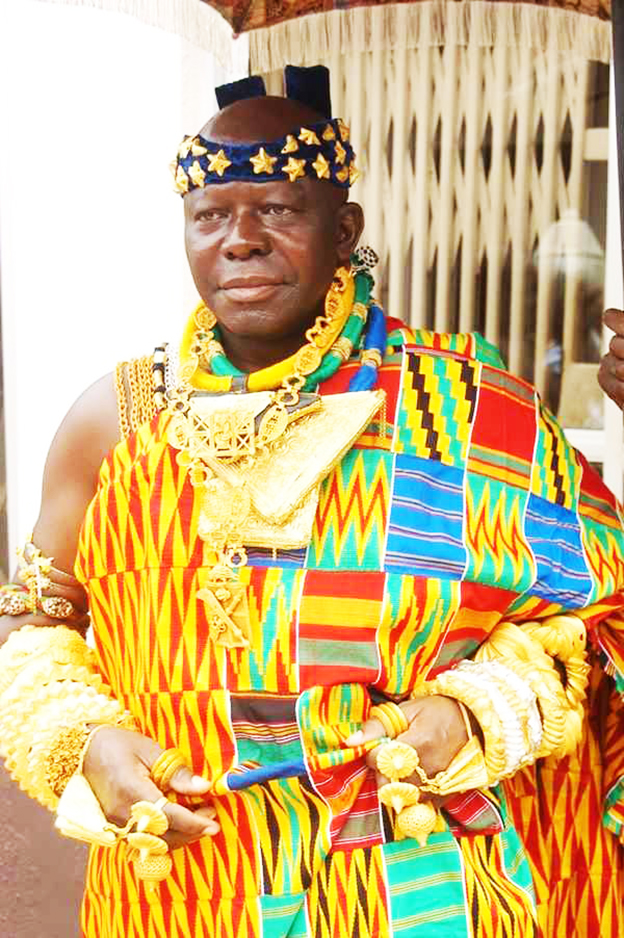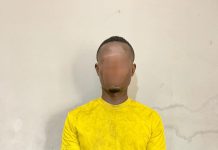Otumfuo Osei Tutu II, the Asantehene, has urged women to seek prompt medical attention for breast cancer treatment when they notice changes in their breasts.According to him, breast cancer surgery can be less expensive when the problem is identified early and treated.
Professor Nana Mensah Bonsu, Asakyihene, gave the advice when she represented the Asantehene at the opening ceremony of the International Center for the Study of Breast Cancer Subtypes (ICSBCS), 8th Annual International Symposium by Weill Cornell Medicine (WCM), Cornell Medicine Breast Surgery, and Komfo Anokye Teaching Hospital (KATH).
The theme was: “Improving Breast and Gynecological Cancers Management and Outcomes in Low- and Middle-Income Countries (LMIC), while the theme for the ICSBCS 20th Anniversary Celebrations was: “20 Years of Excellent Collaborative Breast Cancer Research and Management.”
The Asantehene urged traditional healers and herbalists to refer women with new breast symptoms to the teaching hospitals and breast clinics when they notice the disease, believing that it could save lives and keep our families intact.
Dele Lisa A. Newman of the New York Presbyterian Hospital, on behalf of the Weill Cornell Medicine (WCM) and Komfo Anokye Teaching Hospital (KATH), said they seek to achieve the goal through robust multi-disciplinary discussion and interaction, as well as through enhanced collaboration between the Oncology professionals that are affiliated with the ICSBCS network.
He noted that the mission of the ICSBCS is to reduce the global breast and gynecological cancer burden through advances in research and delivery of care to diverse populations worldwide.
Prof. Otchere Addai-Mensah, the Chief Executive Officer of Komfo Anokye Teaching Hospital (KATH), disclosed that gender discrimination, stigma, violence, and cultural taboos combine to limit women’s choices in seeking care even where available.
According to him, the recent research conducted proved that there are patterns of breast cancer known as triple-negative breast cancer that are more dangerous among women in West Africa as compared to European and white American women.
Pix: The participants pose with Prof. Nana Mensah Bonsu, Asakyihene, at the ICSBCS 8th Annual International Symposium








